
Stephen Ornes has been writing for Science News Explores since 2008, and his 2014 story "Where Will Lightning Strike?" won an AAAS/Kavli Gold Award. He lives in Nashville, Tenn., and he has three children, who are inventing their own language. His family has a cat, six chickens, and two rabbits, but he secretly thinks hagfish are the most fascinating animals. Stephen has written two books. One is a biography of mathematician Sophie Germain, who was born during the French Revolution. The other, which was published in 2019, features art inspired by math. Visit him online at stephenornes.com.

All Stories by Stephen Ornes
-
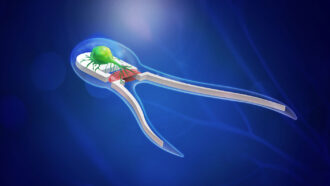 Tech
TechRobots made of cells blur the line between creature and machine
Scientists are using living cells and tissue as building blocks to make robots. These new machines challenge ideas about robots and life itself.
-
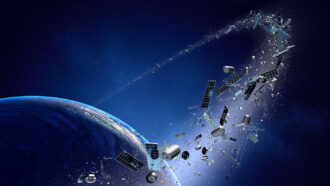 Tech
TechSpace trash could kill satellites, space stations — and astronauts
As private companies prepare to sprinkle space with tens of thousands of satellites, experts worry about the mushrooming threat of space junk.
-
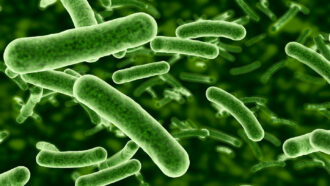 Microbes
MicrobesGenes point to how some bacteria can gobble up electricity
A new study shows how some microbes absorb and release electrons — a trait that may point to new fuels or ways to store energy.
-
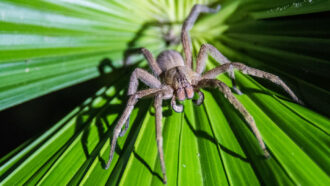 Animals
AnimalsA spider’s feet hold a hairy, sticky secret
Their widespread stickiness traces to the shape of hairs on its feet, scientists now find.
-
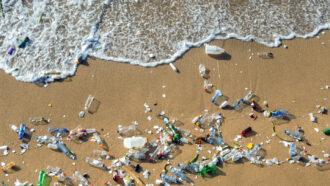 Tech
TechTiny swimming robots may help clean up a microplastics mess
Big problem, tiny solution. Researchers in the Czech Republic have designed swimming robots that can help collect and break down microplastics.
-
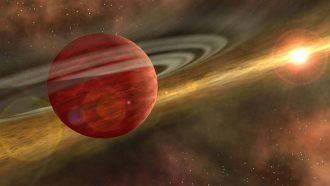 Planets
PlanetsThe pebbled path to planets
Small pebbles zipping through a sea of gas may give rise to mighty planets.
-
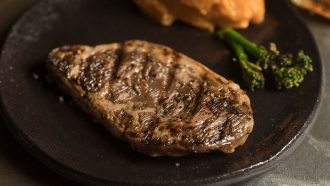 Tech
TechNo animal died to make this steak
The ribeye steak is the first of its kind, and the latest in a growing list of meats printed with a 3-D bioprinter instead of being harvested from an animal.
-
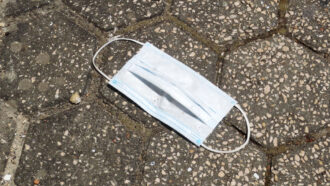 Environment
EnvironmentUnmasking the pandemic’s pollution problem
Discarding all the materials people use to protect themselves from COVID-19 has created a growing environmental problem.
-
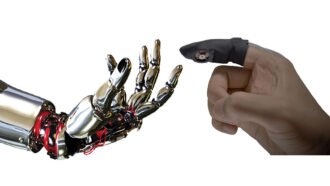 Tech
TechThis artificial skin feels ‘ghosts’ — things you wish were there
Engineers have developed a wearable device that simulates the sense of touch. It may benefit robotic surgery and deep-sea exploration.
-
 Tech
TechComputers are changing how art is made
Some people have challenged the idea that artificial intelligence can be creative. But new software can provide inspiration to artists or fully partner with them in the creative process.
-
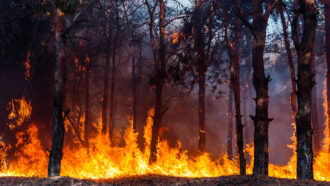 Tech
TechTrees power this alarm system for remote forest fires
Wind moving through tree branches is all the energy needed to power devices that can detect a remote fire before it rages into an uncontrolled inferno.
-
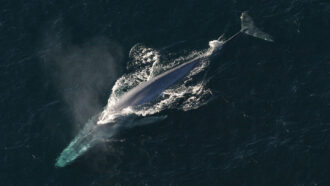 Animals
AnimalsWhales get a second life as deep-sea buffets
When a whale dies and sinks to the seafloor, it becomes a feast for hundreds of different types of creatures.